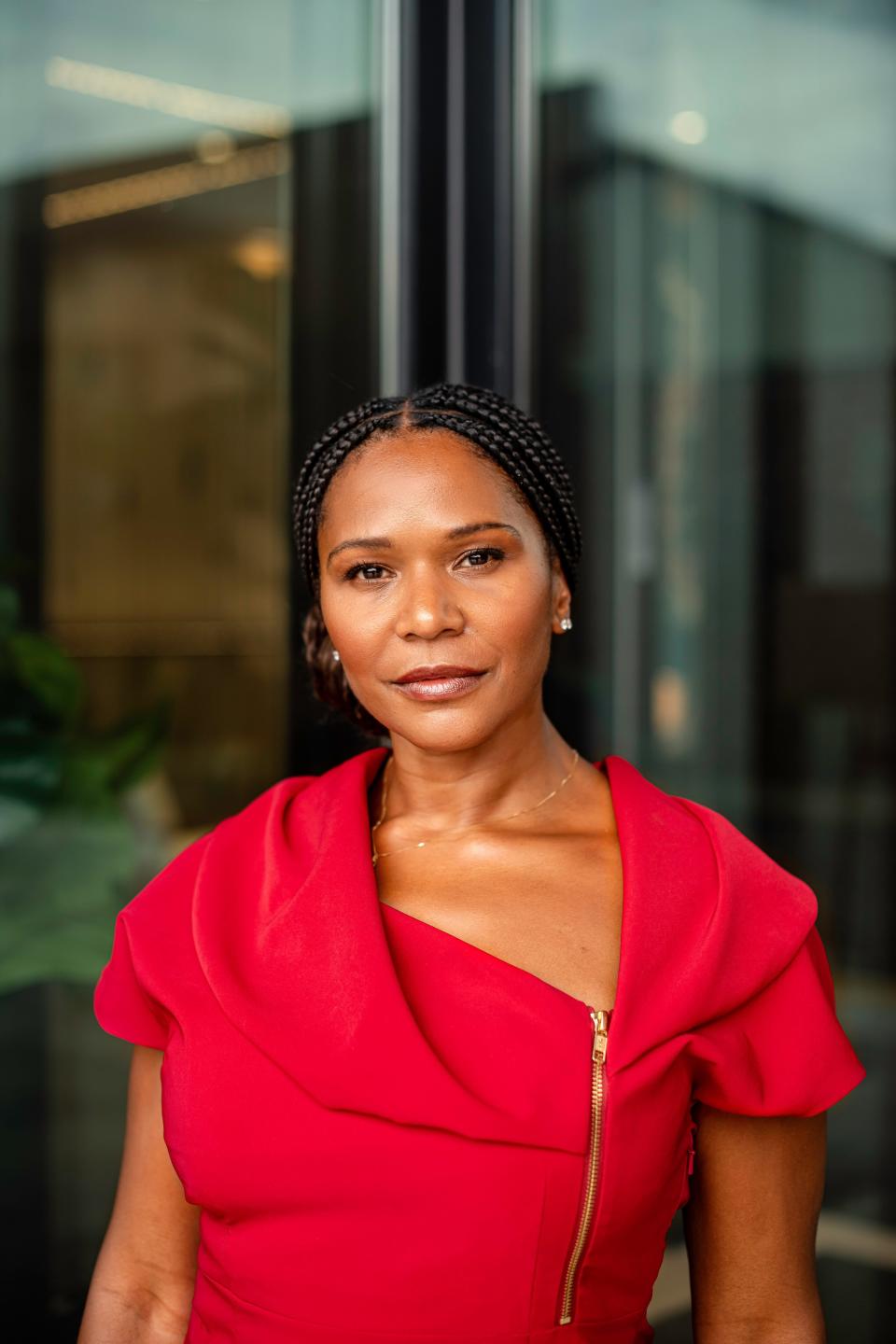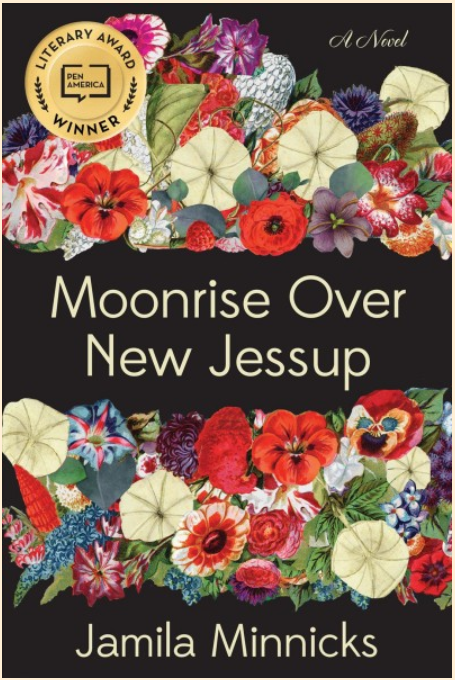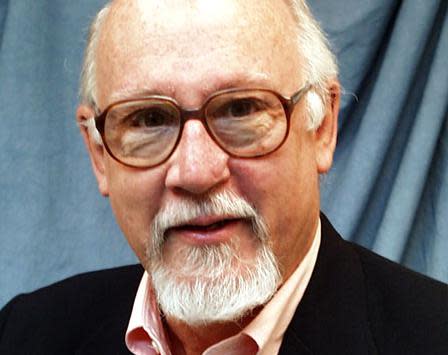Novel set in 1960s presents home-grown civil rights activism | DON NOBLE
This debut novel, "Moonrise Over New Jessup," is truly impressive, powerful and original, dealing with the civil rights movement in ways I had not read before.
Jamila Minnicks has created a fictional Alabama town west of Montgomery, near the Tombigbee River.
We learn its history: in the late 19th century, Jessup was a town with a Black and a white section. The freedmen expended herculean efforts and grew and improved their section of town.
More:Literary tourists will find Fitzgerald guide useful | DON NOBLE
“Negro Jessup was modern and thriving and building ever closer to the whitefolks’ side of town and making whitefolks wonder who was living on the other side of the tracks from who.” The Black citizens paved their streets and “opened a hospital and a savings and loan.” They created what was later called in Tulsa a “Black Wall Street.”
Then, in 1903, the white community, angry, envious, raided the prosperous Black section with shotguns and torches, drove away the Black citizens and "absorbed Negro Jessup as their own."
With heroism and enormous faith and endurance, the Blacks bought the swamp they had been driven into and, pooling their meager financial resources, began again and created New Jessup, with Black businesses, professionals, schools, workers, all several miles from the white town.
It is not a socialist enterprise — there is no mention of Karl Marx or communism — but interestingly, they rejected the then-current idea among African-Americans of being led by the talented tenth. All voices, laborers and lawyers, were equal, decisions made by voting.

Our narrator, Alice, on the run from fictional Rensler, Alabama, where her white landlord tried to rape her, falls in love with New Jessup, where there are no “white” or “colored” signs, and then falls in love with Raymond, who operates a car repair and towing business.
Soon, however, she realizes the old problems of prejudice, segregation and civil rights are inescapable, but are being addressed here in a new way.
Raymond belongs to a secret organization, NNAS, the National Negro Advancement Society. He had participated in the Montgomery bus boycott and was actively for civil rights, but not integration itself.
He is working for legal incorporation for New Jessup. Then the citizens, all Black, will have control over what happens in their town. Raymond is thinking entirely locally. Minnicks makes no mention of the Nation of Islam or Malcolm X, or other Black Power movements elsewhere in the country.
Although also never mentioned, the reader understands that Raymond wants to reproduce the town of Eatonville, the all-Black village in Florida where Zora Neale Hurston grew up. And, we should remember, Hurston was chastised for her skepticism about “Brown v. Board of Education,” which she saw not as unmitigated improvement but as an insult to Black schools and teachers and damaging to the Black business community.
Raymond explains: " ... this is us trying to move towards the vote WITHOUT integration ... things are separate already here, so let them be equal."
As plans proceed, white Jessup must not hear of any “agitation” or organizing by the Southern Christian Leadership Conference or by the NAACP. Any organizing might bring another fiery raid, even though Raymond and his group want no integration in their schools, no mixing, no white people around at all. They have had all the contact with white folks they care for.

Their own history has cured them of wanting to live with whites.
Alice, as she learns about Raymond's group NNAS, certainly agrees with them. We learn that Alice's father had been very strict about school attendance. Alice was never truant, no matter what. Her father had, as a nine-year-old, been truant and sent to the coal mines, caught in the Alabama convict leasing system, the last convict leasing system in the United States, and "he served six years on that thirty-day sentence."
But, not all the Black citizens of New Jessup agree with Raymond and Alice.
Minnicks demonstrates how the stresses and dangers run in several directions simultaneously and, as the 1960s roll along, history threatens to repeat itself.

Don Noble’s newest book is Alabama Noir, a collection of original stories by Winston Groom, Ace Atkins, Carolyn Haines, Brad Watson, and eleven other Alabama authors.
“Moonrise Over New Jessup”
Author: Jamila Minnicks
Publisher: Algonquin Books of Chapel Hill
Pages: 336
Price: $28 (Hardcover)
This article originally appeared on The Tuscaloosa News: Novel set in 1960s presents home-grown civil rights activism | DON NOBLE

